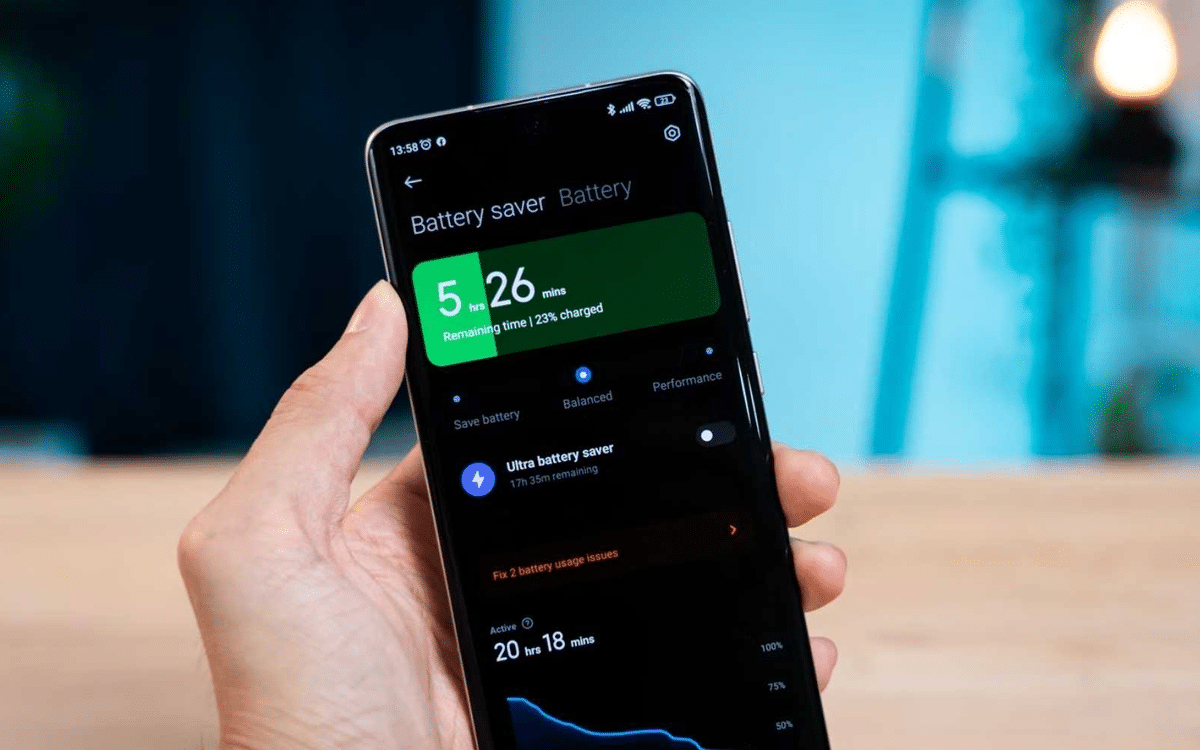
Root, that word that is mentioned so much among Android users, and that many still do not know. Do youWhat is that Root? In this edition of "Android from A to Z", we are going to explain what Root is, what it is for, and how you can root an Android smartphone. In addition, we also focus on the risks that rooting a smartphone can have.
The word Root defines, in a Unix computer system, the primary user. For this reason, it is also called Superuser or Administrator, depending on the operating system that we are using. However, although the word is especially linked to Unix systems, it has become generalized, and is already used in everyone. Even so, we must bear in mind that Android has Linux as its core, similar to Unix, so it is understandable that the term Root has also been used in the Mountain View operating system.
Having said that, it is easy to assume that rooting an Android smartphone involves acquiring administrator privileges, or Superuser privileges, Root privileges. These privileges allow you to perform actions on the system that no ordinary user can perform. Any terminal that we buy with Android, when we use it, we use it under a common user. Although we never see which user it is, internally that user does exist, and it is not the main one. Let us bear in mind that companies, like Google, do not want a user to be able to have access to all the functions of a smartphone.
Not being Root, it's not bad
The first thing to clarify is that not being Root, not having administrator privileges, is not bad. When you read that Google and other companies do not want users to have root access, you tend to think that it is unfair and that any user has the right to have all the privileges of their smartphone. But actually, that is beneficial for the users. If we have access to all the functions, that means that we also have access to spoil the smartphone with a few clicks. We can get it to die by deleting files from the system that are absolutely necessary. Therefore, not having access to these possibilities allows us not to break the terminal in a matter of minutes.
Not being root has another benefit. Although we know what to do to avoid damaging the smartphone, it is possible that there are people interested in breaking our terminal. They are called viruses for Android. Sometimes they are installed with applications, and other times with files. If our user is Root, that service or application will also be it, and it will be able to execute those actions that damage the smartphone and that we did not think to execute.
Ser Root, today is very easy
As a rule, there is always a method to root on smartphones, which is achieved thanks to a security breach in the Android versions. In reality, it is likely that this is allowed by the companies, which allow it in this way and then be able to hide behind the fact that they do not officially allow rooting. Thus, if we claim the guarantee, they can refuse, based on the fact that we root it. Although that is not legal, it serves as an obstacle to enforcing the guarantee. But today we already have several tools capable of rooting a large number of smartphones. Depending on the terminal and the version of the operating system we will have to use one system or another, but in general we always have to follow the same steps. You can find the system to use in each terminal at Ready2Root.com.
Disadvantages of being Root
Being root also has some drawbacks, which are exactly the same as the advantages of not being root. On the one hand, there is no risk that we end up spoiling the smartphone. On the other hand, viruses are not that dangerous. There will still be viruses that will be able to access our smartphone, get administrator privileges that we did not have, and then destroy the terminal, but those that worked only with rooted terminals are no longer dangerous.
Advantages of being Root
With the administrator privileges, we can execute actions that before not. This allows, for example, to delete the applications of the system, or of the operator, that we do not want to have installed. By being able to use all the functions, you can make all the modifications you want on the terminal. This allows you to install special applications that some developers have created. We can install other different ROMs, as well as change the entire appearance of the system.
To be root or not to be root
Realistically, the stakes are not very high. Most Android users with minimal knowledge will recommend you to be Root, and nowadays it is very simple to become one. Therefore, it is a good option for anyone who uses Android without problems. However, it is not recommended for people who do not have knowledge about Android.
